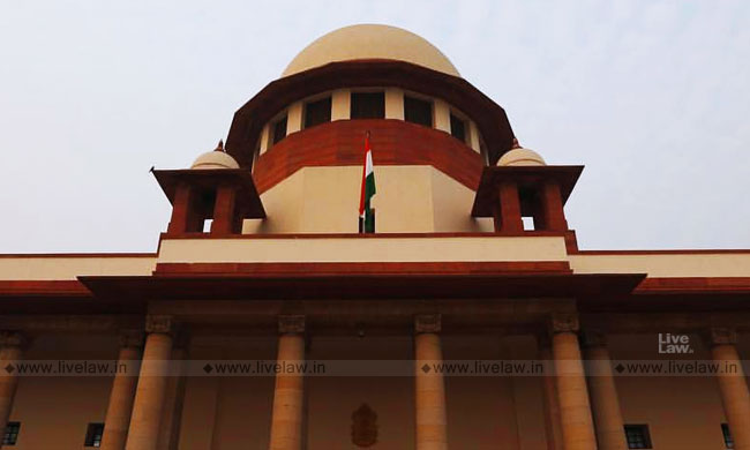Plea In SC Challenges Election Commission's Power To Remove Or Reduce The Period Of Disqualification
Radhika Roy
22 Oct 2019 12:18 PM IST

Next Story
22 Oct 2019 12:18 PM IST
A Public Interest Litigation (PIL) has been filed in the Supreme Court of India challenging Section 11 of The Representation of the People Act, 1951 (RPA), on the grounds that it arrogates excessive delegation of unbridled powers to the Election Commission of India (ECI), and is arbitrary and irrational, thereby violating Article 14 of the Constitution of India. The PIL, filed by BJP leader...
